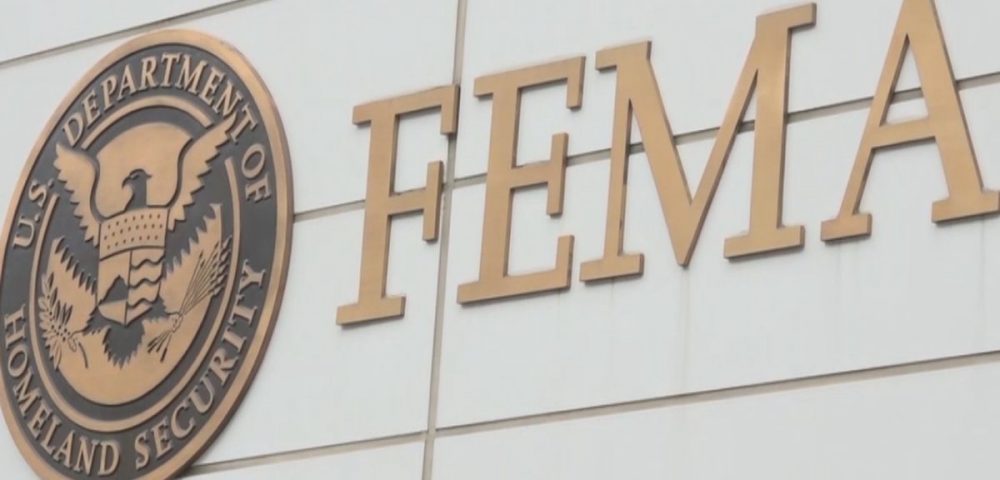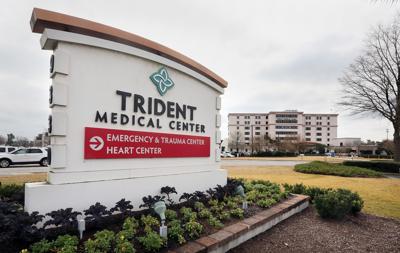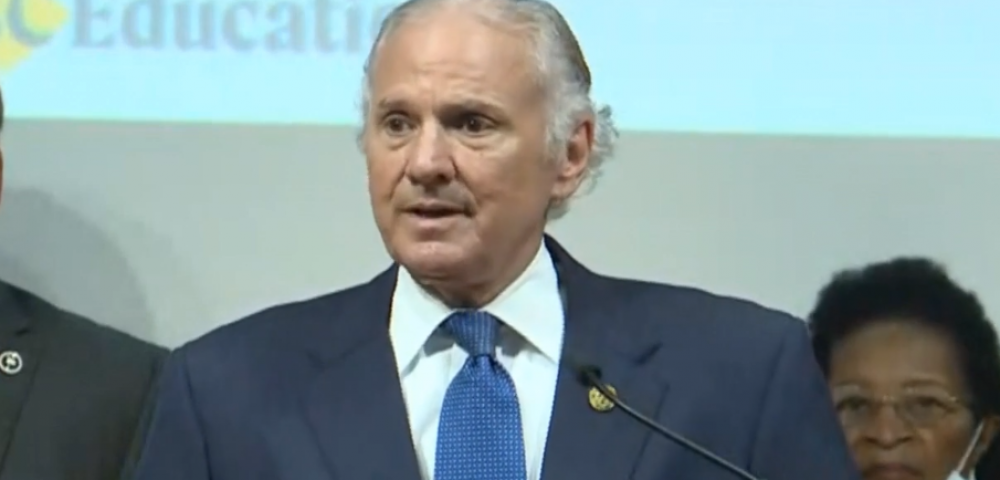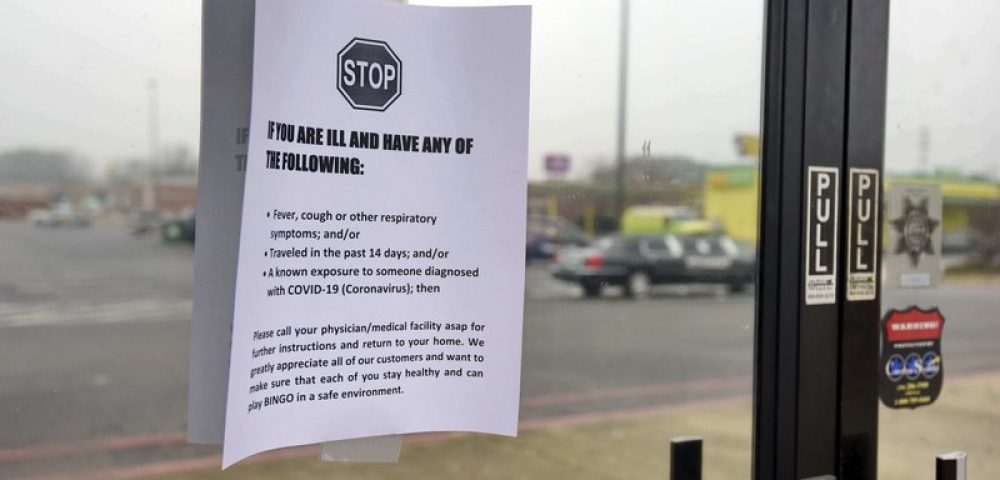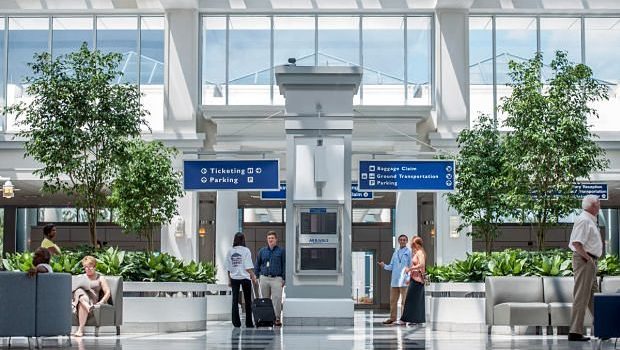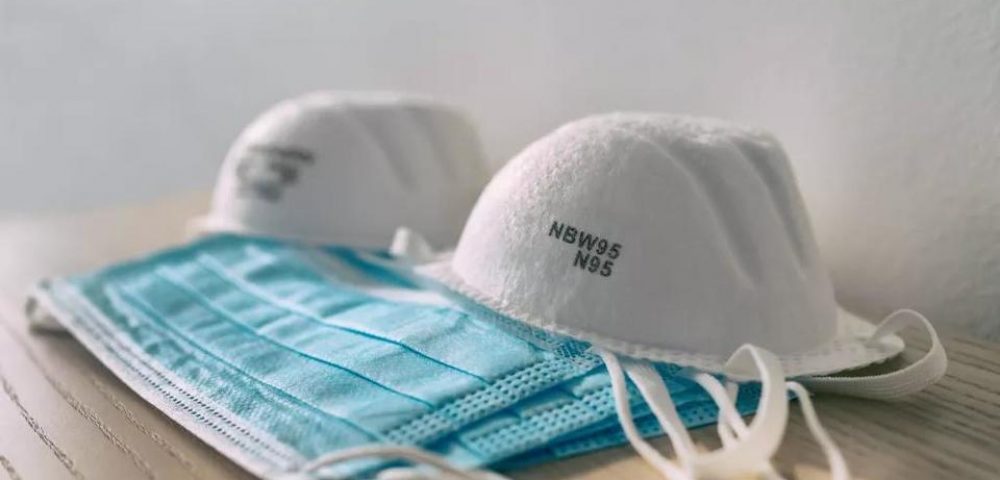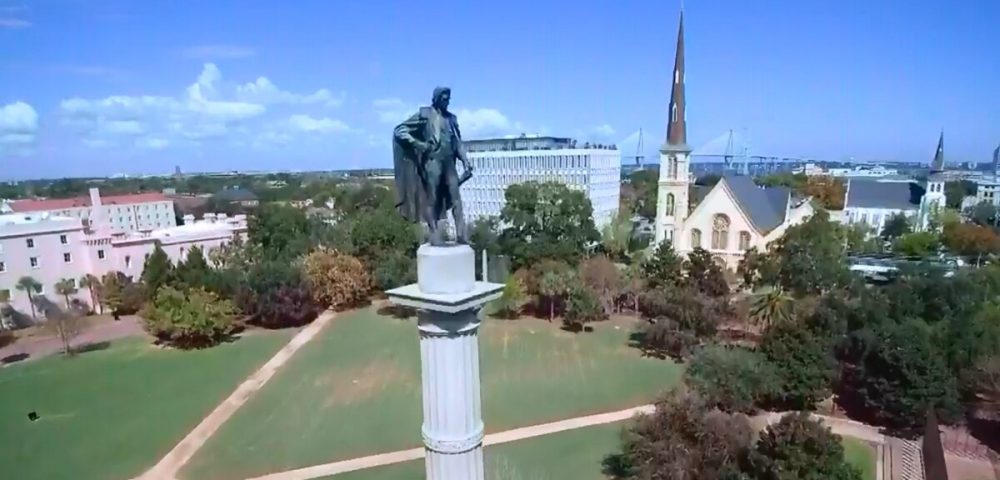In response to the Coronavirus pandemic, recovery efforts to salvage the economic destruction are being made. The SC Department of Employment and Workforce (DEW), alongside Governor McMaster, plans to apply for the FEMA’s Lost Wages Assistance (LWA) program. The grant will await federal approval.
“Our state should be proud of the economic recovery efforts and the progress we have made to date, but we know that some of our citizens are still struggling in the wake of this pandemic,” explains McMaster. “We’ve chosen to participate in this program in a way that will provide additional unemployment relief from the federal government while maintaining our strong record of fiscal responsibility and protecting the interests of South Carolinians.”
Gov. McMaster authorized DEW to apply toward the federal aid via a letter. The grant itself was originally made by President Donald Trump as a means of compensating those unemployed due to the ongoing pandemic. When a state’s application is accepted, an additional weekly $300 in benefits per person will be added.
“We know there are citizens who are still in great need,” explains DEW Executive Director Dan Ellzey. “DEW has been testing changes in its benefits portal based upon guidance provided by the U.S. Department of Labor. If South Carolina is approved, we will work as quickly as possible with our vendor to get the application into the system.”

